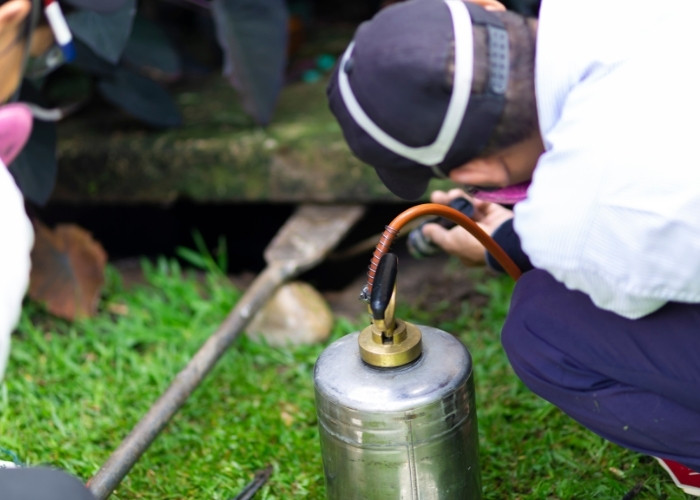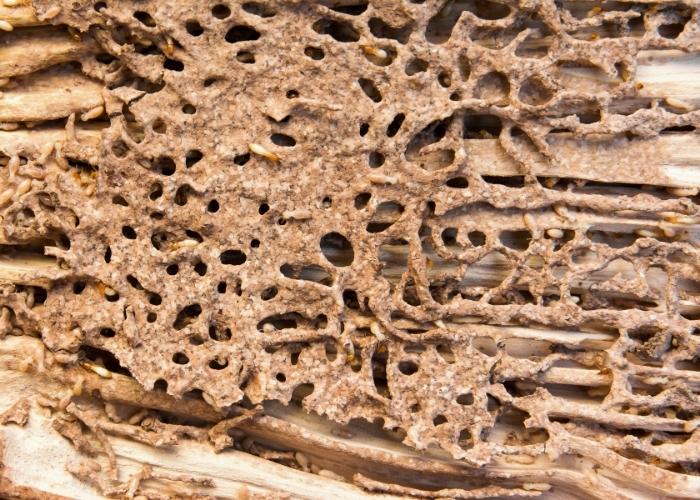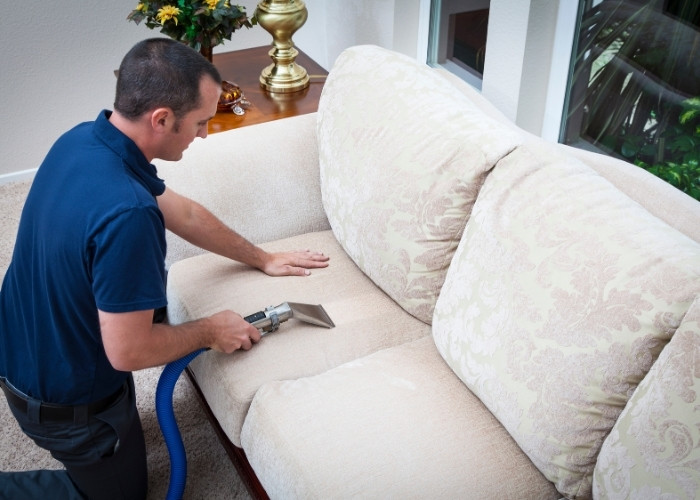Termites can silently destroy your property from the inside out, and by the time you notice, the damage could already be significant. If you’re dealing with a termite problem in your home or business in Dubai, the big question arises: Should you try DIY anti termite treatment or hire a professional?
In this blog, Infinity Services breaks down both options, so you can decide what’s best for your situation, budget, and long-term protection.
Understanding the Termite Problem
Termites are not regular pests. They form colonies, live deep in walls or under the soil, and feed constantly on wood and cellulose-based materials. Dubai’s humid conditions and underground infrastructure make it easy for termites—especially subterranean termites—to spread rapidly.
Once they infest a property, they can damage:
- Wooden furniture
- Flooring and beams
- Wall structures
- Insulation and wiring
This makes effective and early treatment essential.
DIY Anti Termite Treatments: Pros and Cons
DIY termite solutions are easily available in hardware stores and online. These include sprays, baits, and powders.
Pros of DIY Termite Treatment:
- Cost-effective for small-scale or early-stage infestations
- Convenient and fast to apply on visible spots
- Suitable for temporary relief
Cons of DIY Termite Treatment:
- Only treats surface-level problems
- Doesn’t reach hidden colonies underground or in walls
- Lacks professional-grade chemicals and equipment
- No guarantee of complete elimination
- High chance of recurrence
- Safety risks if incorrect chemicals are used indoors
DIY might work as a short-term fix, but it rarely solves the root of the problem.
Professional Anti Termite Treatments: Pros and Cons
Professional termite control companies, like Infinity Services, use specialized tools, chemicals, and techniques to fully eliminate termites and prevent re-infestation.
Pros of Professional Termite Treatment:
- Deep and long-lasting elimination
- Use of Dubai Municipality-approved, safe chemicals
- Full property inspection before treatment
- Customized plans (soil treatment, drilling, baiting, etc.)
- Warranty or AMC (Annual Maintenance Contracts) available
- Best for both residential and commercial properties
Cons of Professional Termite Treatment:
- Higher upfront cost than DIY
- Requires scheduling and site inspection
- May involve temporary inconvenience (drilling, moving furniture)
However, in most cases, professional treatment prevents more costly damage in the long run.
Which Option Is Best for You?
| Situation | Recommended Option |
|---|---|
| Small, surface-level infestation | DIY (temporary) |
| Repeated termite sightings | Professional |
| Large or commercial property | Professional |
| Renovating or building a new home | Professional pre-construction treatment |
| No visible infestation but want to be safe | Professional inspection and prevention |
If you’re unsure, it’s always wise to schedule a termite inspection from a certified service provider.
Infinity Services: Trusted Termite Control in Dubai
At Infinity Services, we offer both pre-construction and post-construction anti termite treatments tailored to your needs. Whether you need a quick inspection or a full-scale treatment plan, our licensed experts ensure:
- Safe and effective termite removal
- Long-term protection
- Affordable pricing and service warranties
- AMC options for peace of mind
Conclusion
DIY methods might seem cheaper, but they come with risk, limited effectiveness, and no guarantee. For true peace of mind and long-term termite protection, professional treatment is almost always the better choice—especially in Dubai’s termite-prone climate.
Need a termite check-up or treatment in Dubai? Contact Infinity Services today for a free consultation.





